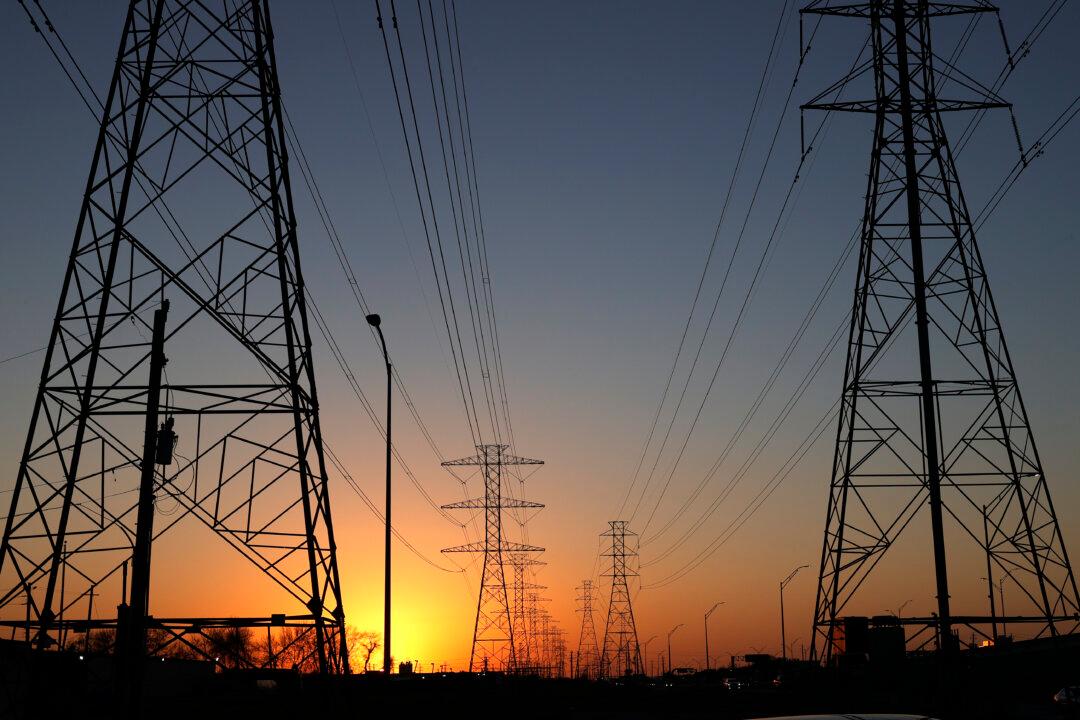By Will Wade and Brian K. Sullivan
From Bloomberg News
Texas is pushing homes and businesses to conserve electricity for a second day in a row to stave off blackouts as a punishing heat wave bakes the western U.S.

Texas is pushing homes and businesses to conserve electricity for a second day in a row to stave off blackouts as a punishing heat wave bakes the western U.S.